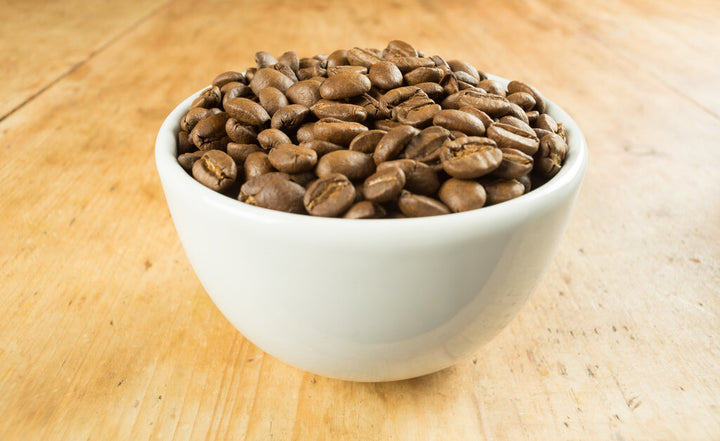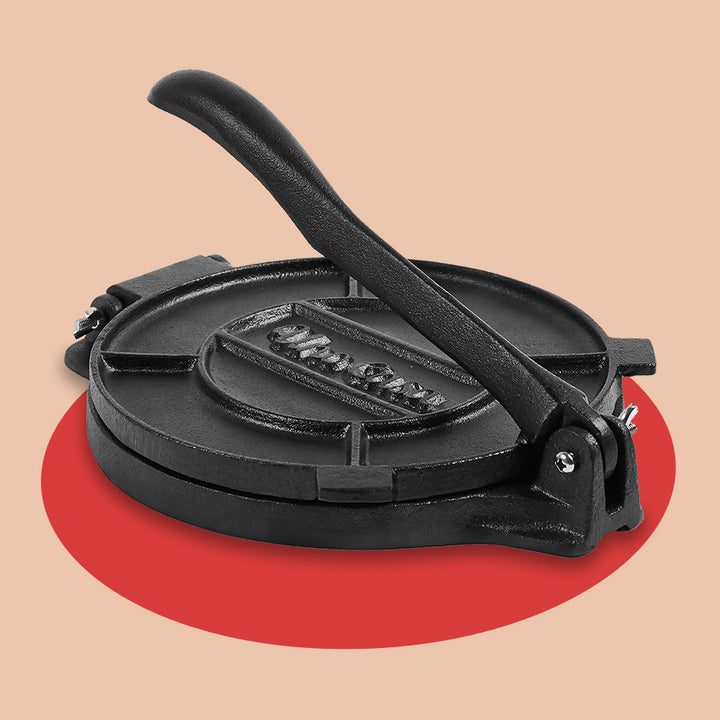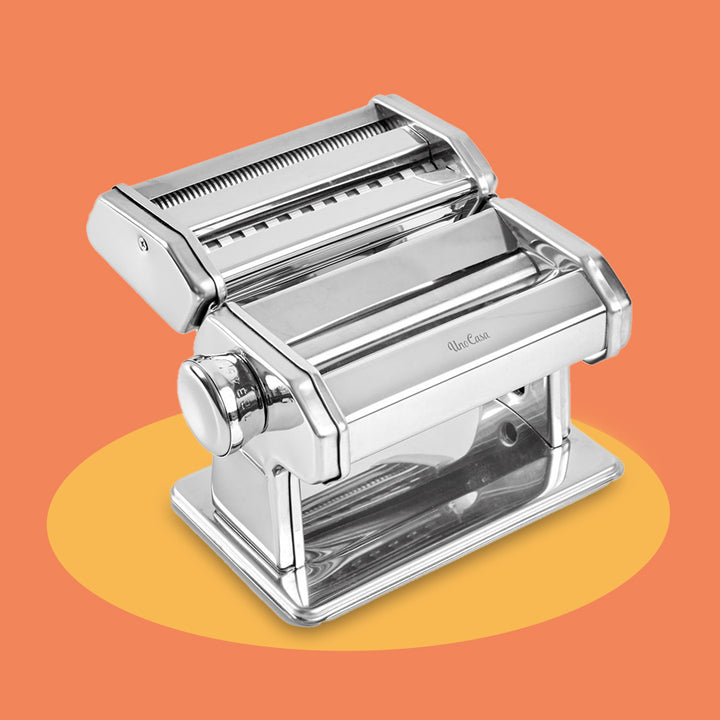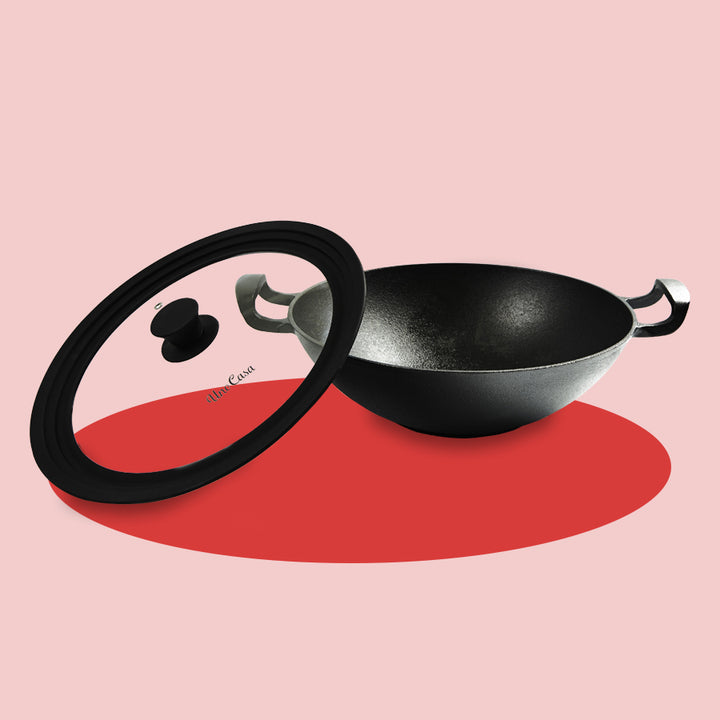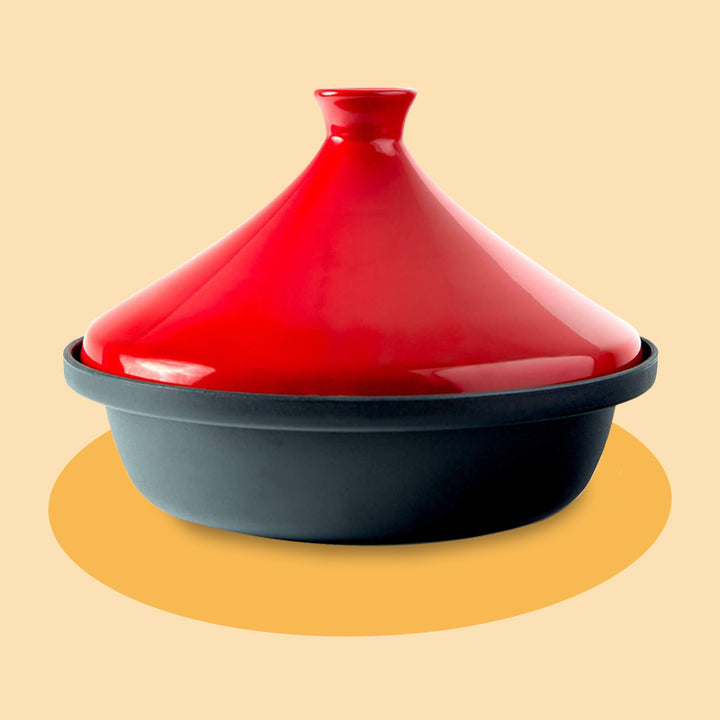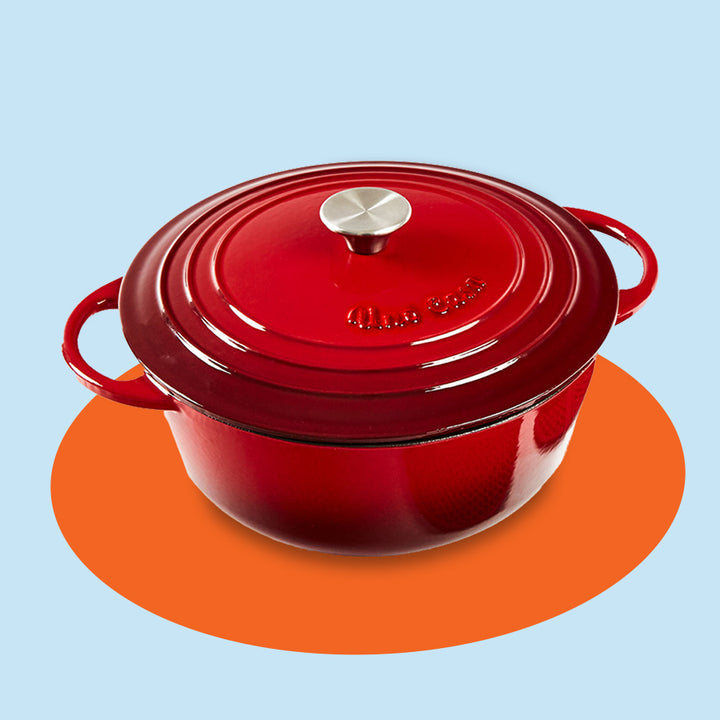Is Decaf Coffee Bad for You or Not

Millions of people order a cuppa Joe without the Joe. While I believe decaf coffee should be illegal, plenty of other people enjoy the infamous coffee bean's bold flavors without the caffeine. But what is decaf coffee, anyway? Is it healthy, or is it not?
A coffee merchant from Germany discovered decaf coffee by accident in the early 1900s. It happened when he noticed that coffee beans that spent too much time in seawater during long sea voyages ended up losing caffeine.
Following that fortuitous finding, coffee manufacturers began creating all kinds of commercial methods to take caffeine out of the coffee. Unfortunately, these methods are not always the healthiest!
From using seawater to chemical solvents, decaf coffee has long been under scrutiny from health professionals wondering if the decaf bean is actually good for your health, considering the production process.
Is decaf coffee good for you: he good, the bad, and the maybe
There are 3 main methods to the decaffeination process:
- Using chemical solvents; the most common decaffeinating technique.
- CO2 method (liquid carbon dioxide.)
- The Swiss Water Process uses water to extract the caffeine from the bean.
Each one of these methods removes the caffeine from the coffee by using green and unroasted beans. Those beans are then soaked (or steamed.) The soaking and steaming process causes the beans’ pores to open up, thus extracting the caffeine.
The CO2 and water methods, for the most part, are considered chemical-free processes. Still, the solvent method uses synthetic chemicals used in adhesives, pharmaceuticals, and even in paints!
The Swiss Water Process method produces a decaf coffee with the most flavor. Without using CO2 or solvents, this process involves soaking the green beans in hot water, dissolving the caffeine. Although it's great for maximum flavor, this method is also the most costly.
Is natural really natural?
Before exploring the benefits of decaf coffee, let's take a closer look at some of the problems with altering java's original design.
Although the Swiss Water Process and the CO2 process seem harmless enough, there is still room for debate about using solvents to make decaffeinated coffee.
- One of the solvents typically used is methylene chloride. This chemical compound exists naturally in some fruit, which is why some companies label beans processed using it as "naturally decaffeinated."
- However, inhaling even the smallest amounts of this chemical can create havoc in the lungs. From coughing to shortness of breath, this chemical can also cause headaches, nausea, vomiting, dizziness, fatigue and may even cause liver and lung cancer in lab animals.
- According to an FDA report from 1999, the small amounts of methylene chloride present in decaf coffee are so small that there is no effect on your health. The FDA has strictly limited the quantity of methylene chloride to 10 parts per million or less in the final decaf coffee production.
Even if it is the so-called "safer" version of the solvent, are these numbers good enough for you? Let's delve a little deeper into decaf coffee.
Does decaf coffee have caffeine after all of this?
The short answer is yes, although not a lot.
It is impossible to remove all caffeine entirely, and 97% of the caffeine removed is enough to classify the bean as a decaf.
Therefore, there is still a little bit of caffeine in decaf coffee. Caffeine amounts can be anywhere from 3 to 12 mg still swimming around in your decaffeinated cup of Joe.
Caffeine-free coffee, is it right for you?
You won't hear "why is coffee bad for you?" coming from a typical coffee connoisseur. However, they may raise an eyebrow when you mention decaf coffee, especially those who are super set on every aspect of their coffee-making ritual.
From using the perfect bean to getting the grind right, all the way to using the best pour-over coffee maker or pouring it over from a gooseneck kettle, people who are particular about every step of the coffee-making process are not likely to love decaf.
Just like eating organic produce or choosing a healthier diet is a personal choice, it's up to the individual to decide whether they drink decaf, and if so, what brand they're okay choosing.
Here are some tips to help you make an informed decision:
- When you're examining labels in your coffee aisle at the local grocery store, focus on which process the manufacturer used in the decaffeination process and whether they use solvents or not.
- Look for the organic seal. This seal indicates that the manufacturer did not use any solvents during the processing and that the plant received no pesticide treatment. This way, both caffeinated and decaffeinated coffee can be good for you.
- If the package does not mention the method of decaffeination, and you can't see a seal, do an online search for the brand.
- If you still can't find the information needed, perhaps consider purchasing another brand.
Once you locate the organically grown, naturally processed bag of decaf beans, there is still a long-standing decaf vs. regular debate about whether regular coffee is better for you than decaf coffee.
Does decaf coffee dehydrate you?
Although coffee should never be your primary source for hydration, coffee does not dehydrate.
However, coffee is a diuretic, so you may be running off to the bathroom a bit more frequently! You may also experience a dry mouth, but this is because of the tannins contained in coffee.
Don't panic! Drink your decaffeinated coffee, but also make sure you include lots of water throughout the day.
What about heart health and cholesterol?
Let's get to the heart of the coffee and cholesterol connection.
A simple online search brings up many different sites linking coffee and cholesterol with heart health, but not in a good way.
The world hasn't done enough research to show that drinking coffee (regular or decaffeinated) affects cholesterol levels.
Coffee could be useful for your liver
According to recent studies, coffee (even the decaffeinated kind) may be healthy for your liver. Drinking 3 or more cups a day of regular or decaffeinated coffee has the same effect on protecting this vital organ.
Here's the science behind it:
- Alanine Aminotransferase (ALT) is an enzyme found within the liver. It functions to improve the liver’s ability to work efficiently. This enzyme is crucial for filtering toxins found in the blood, storing nutrients, and producing bile.
- Damage or inflammation to the liver causes elevated levels of ALT. When your liver is in trouble, it could release those crucial enzymes into the body's bloodstream, raising ALT levels.
- Keeping ALT levels low is essential for optimum liver health.
- Drinking coffee (decaf or regular) has been shown to reduce liver enzymes.
All of this to say that coffee could be useful for your overall liver health. However, if you suffer from elevated ALT levels (liver damage or diabetes), always seek out a medical professional's help.
Cup for cup comparisons - why do people drink decaf?
It is not always clear why people choose to move from regular coffee to decaffeinated coffee. It could be that they are attempting to make lifestyle choices that seem healthier by cutting out caffeine.
A decision to switch to the decaffeinated version will still give them the flavor they want but avoid all of the caffeine side-effects such as:
- Insomnia
- Headaches
- Jitters
- Increased blood pressure
- Anxiety
To caffeinate or to decaffeinate
Today, most decaf coffee manufacturers use much safer decaffeination methods. However, there are still those that chemically treat the bean to decaffeinate it.
Some believe that coffee (decaf or regular) could be good for you, especially the liver. Should the bean's ability to wake you up be left alone?
If you’re worried about your caffeine intake, try switching up your coffee consumption from caffeinated to decaf now and again. Call it a nice change of pace from your regular jitter juice to a more bold and relaxing refreshment.
Healthy or not? Check our article to find out if coffee before workout is a good idea.
Leave a comment
Comments will be approved before showing up.
Also in Tips
